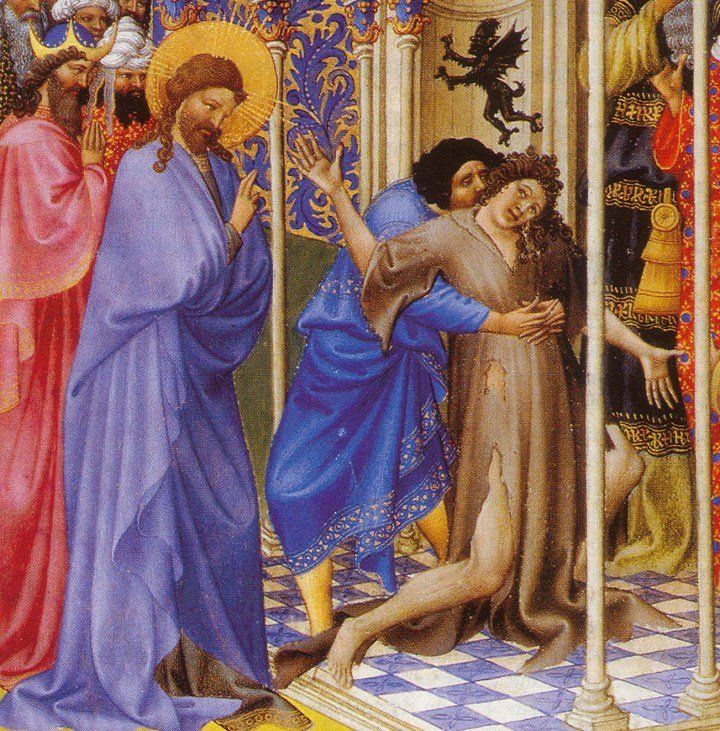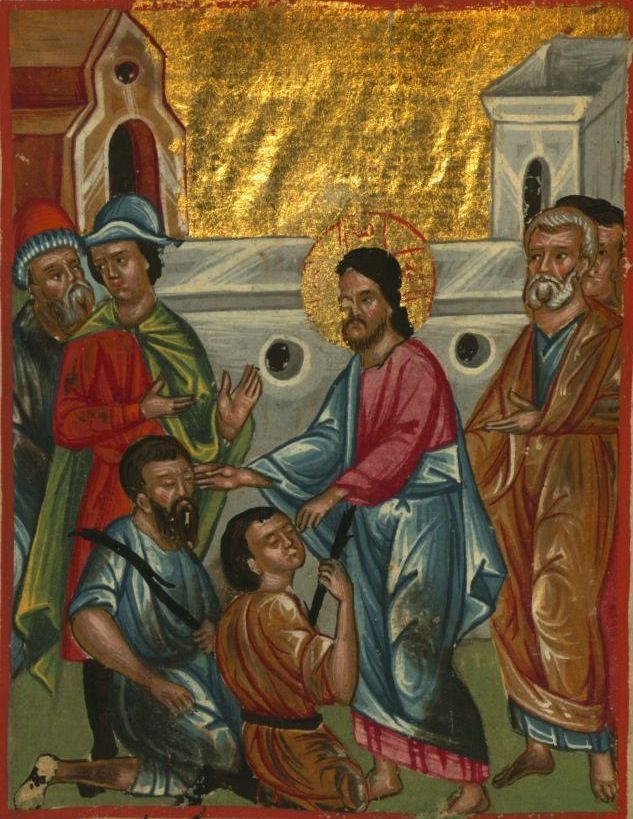Message of Abbot Paul - Friday - 9th February 2024
Abbot Paul • February 8, 2024


“Returning from the district of Tyre, Jesus went by way of Sidon towards the Sea of Galilee, right through the Decapolis region.” This is how Mark introduces a rather interesting miracle of healing, (Mk 7: 31-37). Yesterday we heard how Jesus cured the Syrophoenician woman’s daughter of an unclean spirit and now, on his way back to more familiar territory, he heals a man who is deaf and has a speech impediment. We are not told exactly where this happened, probably somewhere in the Decapolis region. These ten cities were mostly to the east of the Sea of Galilee, so it was a rather strange roundabout route to take. One wonders why he did that, as these were not Semitic people. “And they brought him a deaf man who had an impediment in his speech; and they asked him to lay his hand on him.” Whether the man is brought to him by friends or family members, we are not told. It is they who ask Jesus to heal him, so it appears that he can’t ask for himself. This time, Jesus doesn’t heal the man in front of a crowd but in private. “He took him aside in private, away from the crowd, put his fingers into the man’s ears and touched his tongue with spittle. Then looking up to heaven he sighed; and he said to him, ‘Ephphatha’, that is, ‘Be opened.’ And his ears were opened, and the ligament of his tongue was loosened and he spoke clearly.” Mark gives us the details of what Jesus did. Here it was more than touch; it also involved spittle, the lifegiving spittle of Jesus, a prophecy, perhaps, of his lifegiving blood shed for us on Calvary, or it could look back to creation and this is a new creation. However, where there are no medicines available or, often, even water, spittle is used to clean a wound even today. I’ve done it myself. In Peru we didn’t have much else, especially when travelling in the desert scrubland that was our home. Jesus looks to heaven, towards his heavenly Father and sighs. The only word he pronounces is, ”Ephphatha,” and we are given the Greek form of the Aramaic word, so important is it thought to be, “Be opened.” The man is healed: he can hear and he can speak, in fact, he can speak clearly, perfectly. This rite is also performed when we baptise.
“And Jesus ordered them to tell no one about it, but the more he insisted, the more widely they published it. Their admiration was unbounded. ‘He has done all things well,’ they said ‘he makes the deaf hear and the dumb speak.’” It’s becoming quite common for Jesus to ask people to say nothing about his miracles of healing, but the more he asks them, the more they spread the news of his ability to work miracles. He knows that his fame, ultimately, will be counter-productive and lead to his arrest. Even so, among ordinary folk admiration abounds. That phrase, “He has done all things well,” takes us back to the Book of Genesis and the story of Creation, where God sees that all he has created is good, while what follows, “He makes the deaf hear and the dumb speak,” reminds us of the prophet Isaiah’s words concerning the Messiah and the Messianic age he will usher in.
Lord, we ask you to do all things well in each one of us and in those we love, and we thank you all your gifts the us, especially the gift of life, both in this world and in the next. Amen.









